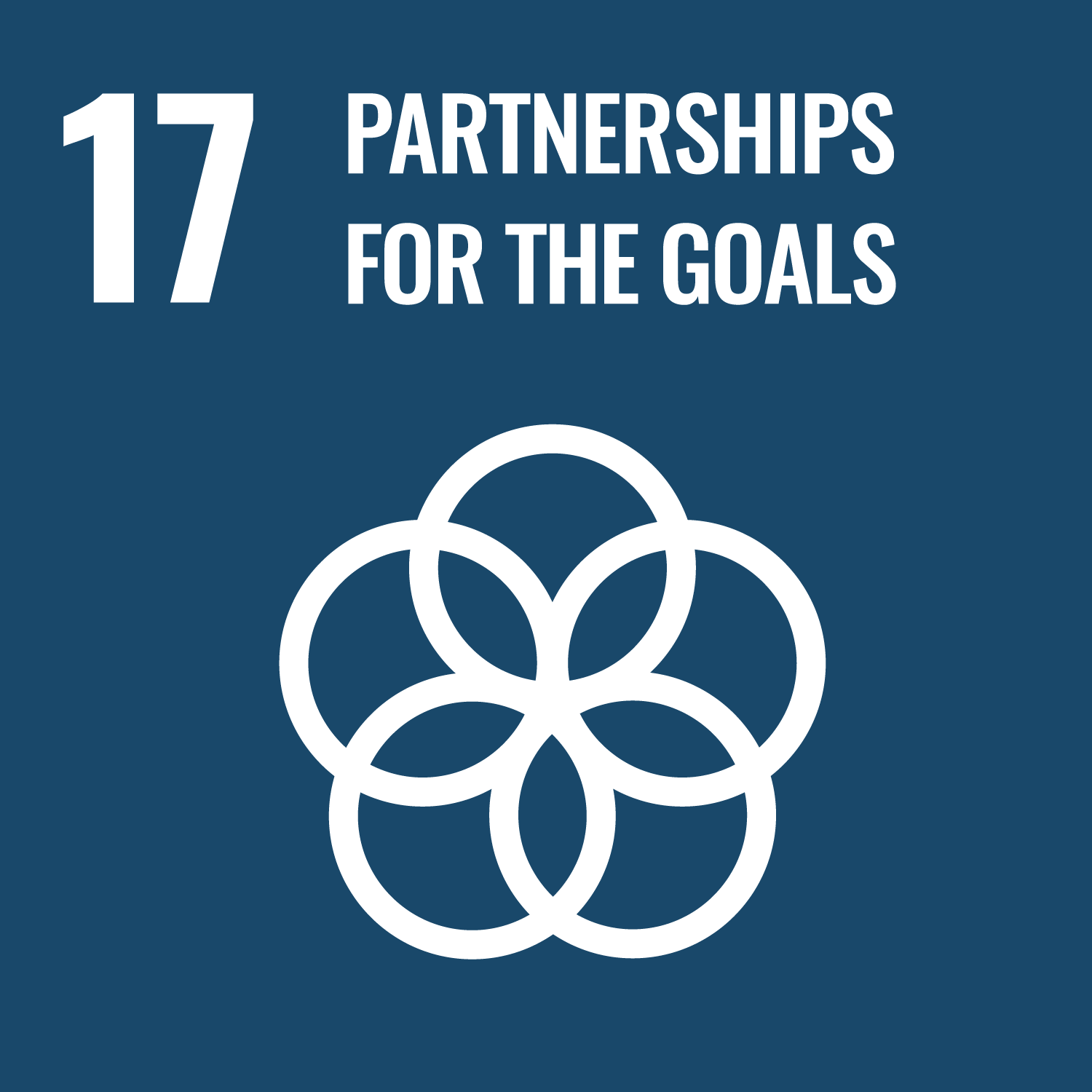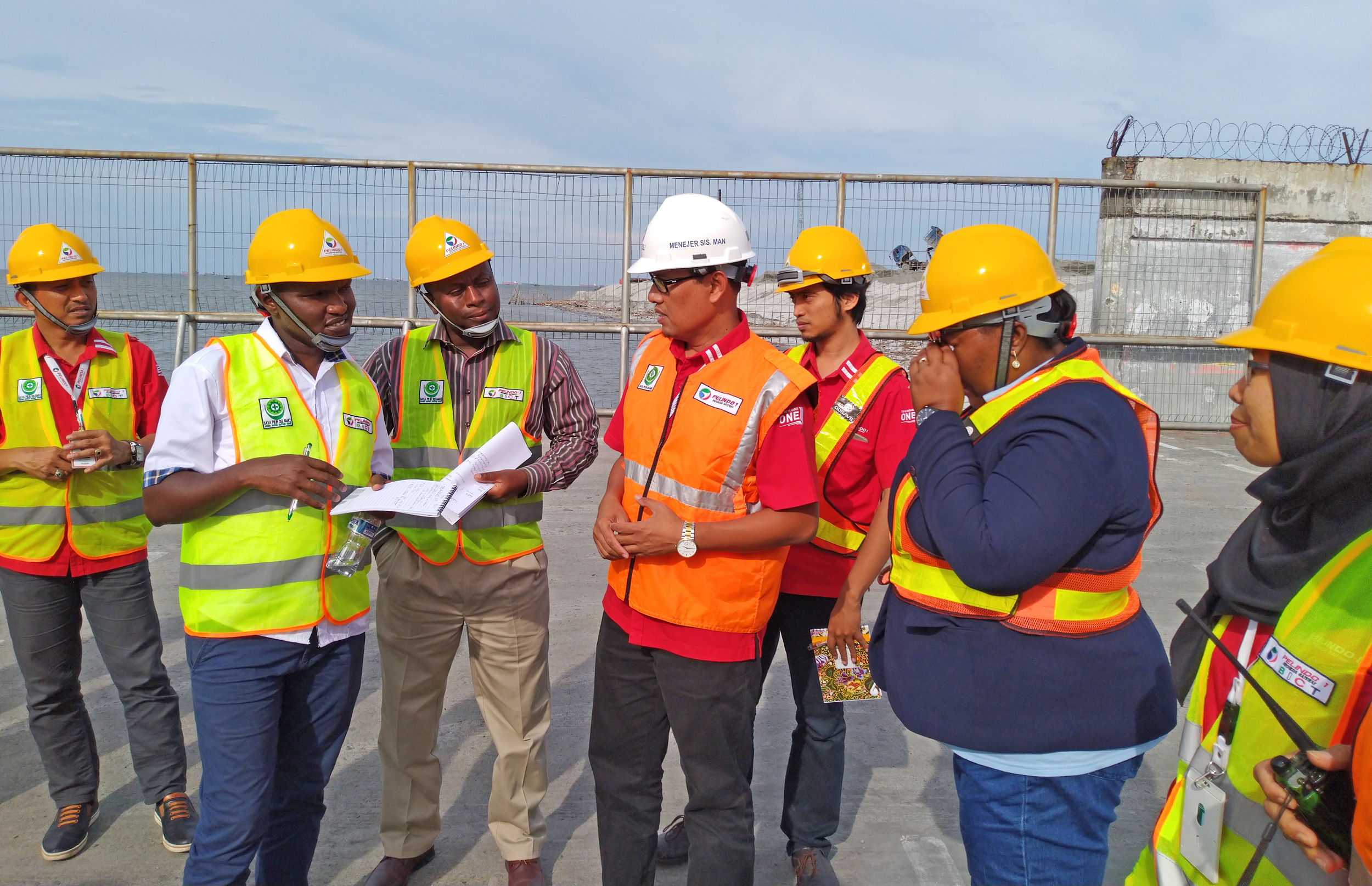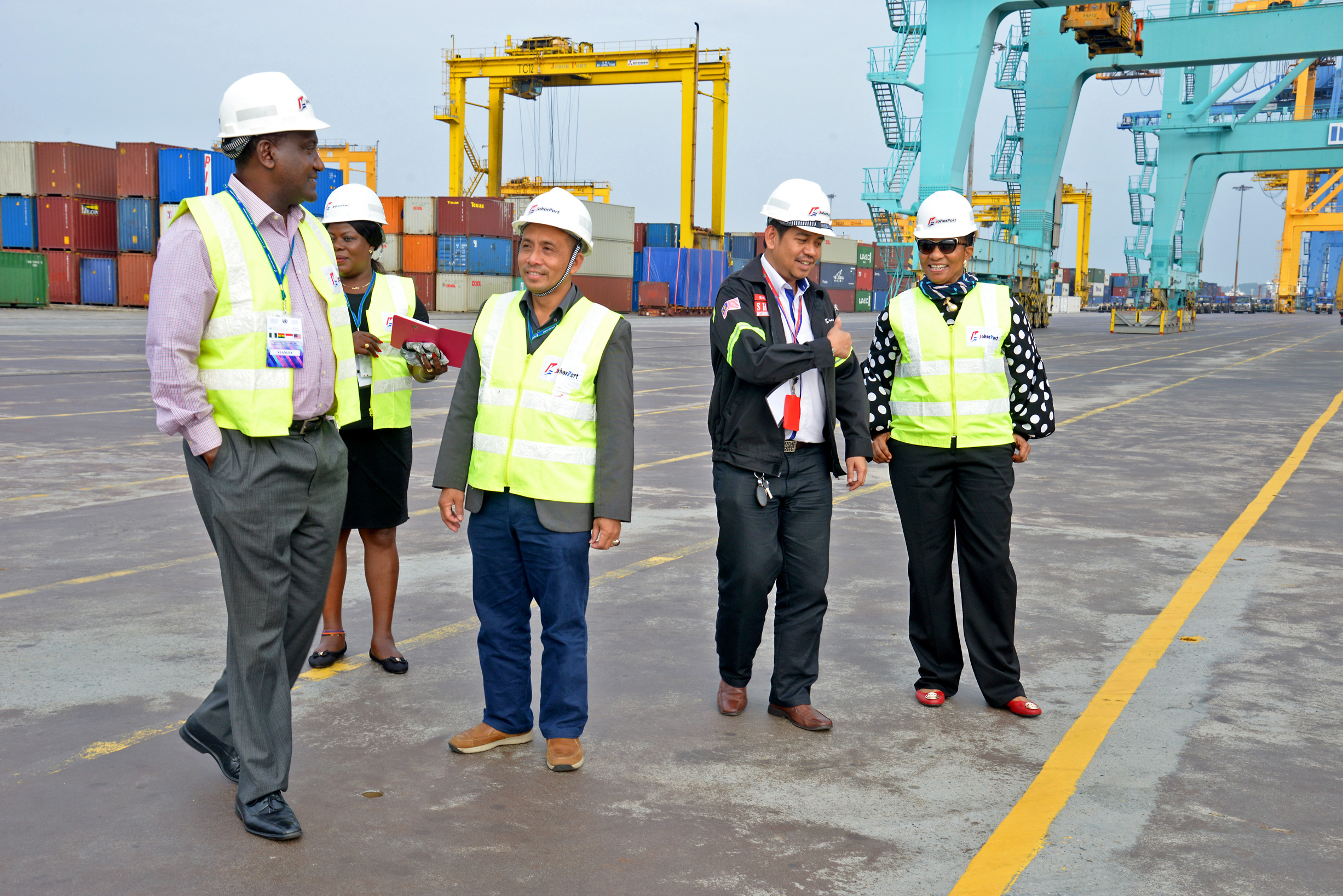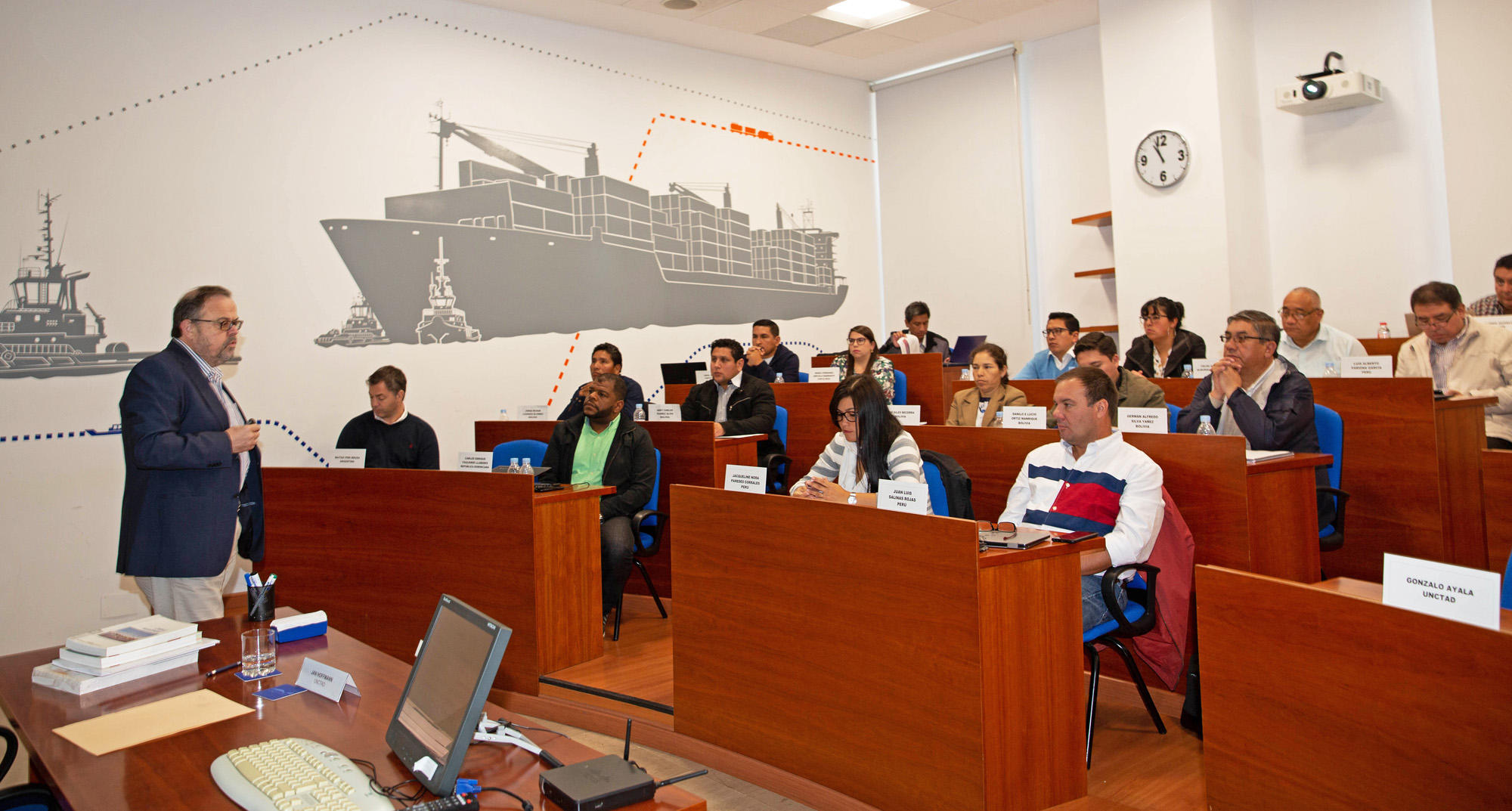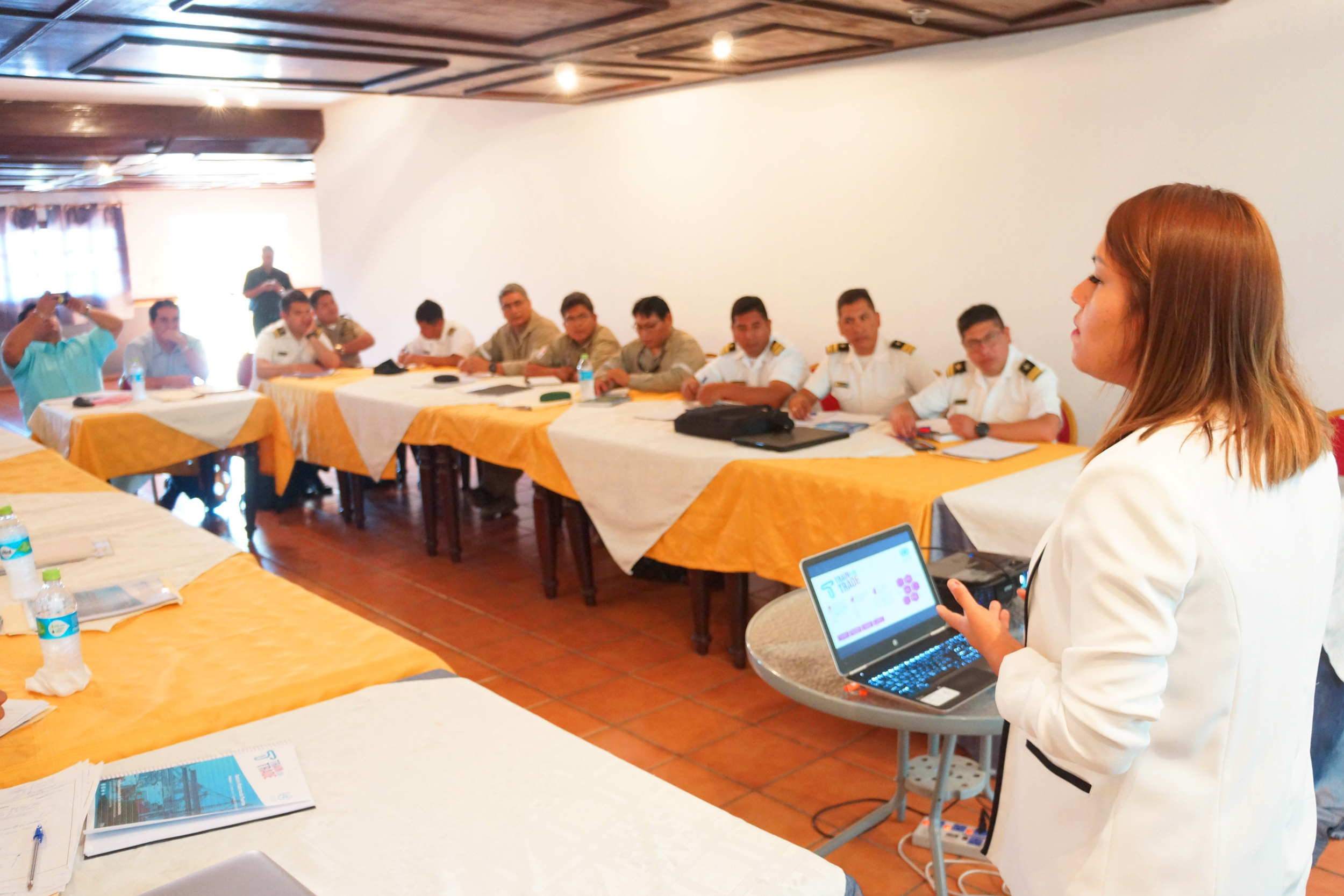Port Management Programme (PMP)
Fostering sustainable economic development by supporting port communities with efficient and competitive port management services to increase trade flow
Challenges
In many developing countries, Ports play a key role in connecting developing countries to international trade, channeling with 80 per cent of international trade. Hence, the way the maritime sector is organized has a profound impact on trade volume and transport costs, and therefore largely impacts a country’s and businesses’ competitiveness. To stay competitive is vital to sustain and create jobs, which, in turn, affects people’s well-being directly. The trade and maritime transport sector is subject to constant regulatory changes and port officials must be able to grasp the growing complexities of port management.
Towards a Solution
The overarching aim of the UNCTAD TrainForTrade Port Management Programme (PMP) is to empower countries to reap the benefits of international trade in an equitable and sustainable manner. The PMP is TrainForTrade’s flagship programme.
The PMP has been running since 1996. It supports port communities with efficient and competitive port management services to increase trade flows and to foster sustainable economic development through South-South and triangular cooperation. The programme offers a public-private partnership model, worldwide networks of port entities, a sustainable training and talent management scheme, value-added solutions in port communities, modern port management courses (240 hours over two years) and port performance measurements.
The Port Management Programme operates through three language-based networks (English, French and Spanish) in Africa, Asia, Europe, Latin America and the Caribbean. It has trained more than 4000 port managers from 60 countries. 28 % of the participants have been women.
Training in the beneficiary ports is delivered by TrainForTrade certified instructors from the local community and from the PMP networks, supported by experts from UNCTAD and port partners associated with the program thus fostering South-South and triangular cooperation. Senior managers from the participating ports are trained to serve as local instructors in order to ensure programme sustainability and local ownership. Experts also play a key role in validating the recommendations that participants draw after completing the training cycle. By doing so, the PMP provides a space where port experts exchange similar challenges, accessing thereby possible solutions that can inspire changes in their own port communities.
The communities have a strong need for developing human skills according to local resources and conditions. Senior managers are usually trained on a regular basis. They have an updated knowledge of the latest standards of the port and maritime industry. On the contrary, middle managers are not exposed to the same level of training and understanding of the sector constraints. The Port Management Programme answers that specific needs in putting together senior and middle managers of port communities to sustain training and capacity building at national level. This will prepare them to apply modern port management techniques, contribute to horizontal and vertical mobility and multitasking schemes, and finally be a natural source of future top managers.
The PMP has developed partnerships with port partners who are sharing their knowledge and expertise through the UNCTAD Port Management Networks. Annual regional meetings bring together port officials from different countries. South-south exchange of instructors is embedded in the core activities of the programme in order to increase instructors’ exposure to different port set-up, as well as to facilitate the transfer of knowledge.
A key component of the programme is the dissertation process. Participants work with senior managers in their ports to conduct research on a specific problem faced by the port, and to propose feasible solutions. Upon completion, the participants defend their dissertations in front of panels composed of senior managers from their respective ports, as well as senior managers from other ports that are members of the programme. The best cases are published in the UNCTAD Port Management Series.
A set of port performance measures has been produced to better assess the long-term impact of the Port Management Programme. The Port Performance Scorecard (PPS), a balanced scorecard approach, is being used to monitor the 26 indicators that are being collected across the four Networks of the PMP. Annual workshops are being organized to coincide with the yearly data collection from participating port entities.
The beneficiary countries of the TrainForTrade Port Management Programme are contributing financially to the trust fund managed by UNCTAD. This self-sustainable aspect indicates the level of commitment and interest from national port authorities that are leading the implementation of this process in their port communities.
Contact Information
Mark Assaf Chief, Human Resources Development Section - TrainForTrade Organization: UNCTAD
Countries involved
Algeria, Angola, Argentina, Bangladesh, Benin, Bolivia (Plurinational State of), Brazil, Cabo Verde, Cambodia, Cameroon, Chile, Colombia, Comoros, Congo, Costa Rica, Cuba, Djibouti, Dominica, Ecuador, El Salvador, Gabon, Ghana, Guatemala, Guinea, Guinea Bissau, Haiti, India, Indonesia, Jamaica, Kenya, Madagascar, Malaysia, Maldives, Mauritania, Mexico, Namibia, Nicaragua, Nigeria, Peru, Philippines, Sao Tome and Principe, Senegal, Serbia, Seychelles, South Africa, Sri Lanka, Timor-Leste, Togo, Tunisia, United Republic of Tanzania, Uruguay, Venezuela (Bolivarian Republic of)
Implementing Entities
UNCTAD / TrainForTrade
Project Status
Ongoing
Project Period
1/1996
URL of the practice
https://tft.unctad.org/port-management/; https://tft.unctad.org/wp-content/uploads/2020/10/2010722_E_UNCTAD_DTL_KDB_2020_2_WEB.pdf; https://unctad.org/webflyer/unctad-port-management-series-2020-volume-8Primary SDG
08 - Decent Work and Economic Growth
Secondary SDGs
05 - Gender Equality, 09 - Industry, Innovation and Infrastructure, 13 - Climate Action, 17 - Partnerships for the Goals
Primary SDG Targets
8.5Similar Solutions




